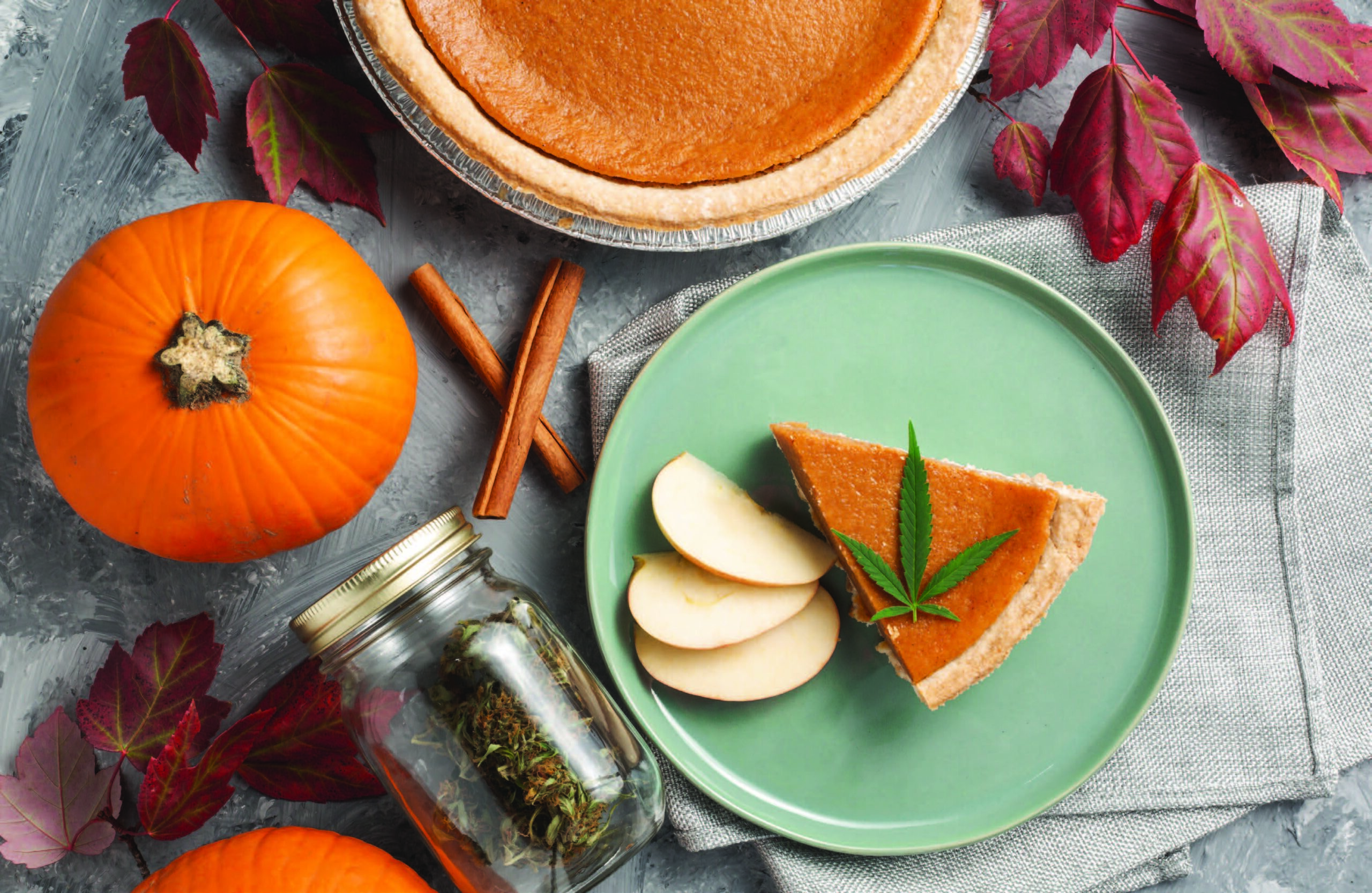When I moved to the Pacific Northwest back in 2012, I had no idea what kombucha was. The only thing I knew about the fermented niche drink was that a super-smart girl in my dorm always had a jug of it brewing in her tie-dye decked out room. She also happened to have a killer glass bong named Buddha and would ramble on about the wonders of Eastern medicine when she got stoned. Apparently, the drink has been around for thousands of years and was used in ancient Chinese medicine. Anything referred to as “Immortal Health Elixir” has to be good for you, right?
The first restaurant I visited in Bend, Oregon, had kombucha on tap. I didn’t order one, of course; it was weird and unfamiliar. But the girl behind the counter insisted.
“It’s full of probiotics,” she claimed. “And it tastes just like soda, just healthier!”
I acquiesced, mostly because I’m a sucker for peer pressure. I took my first sip under her watchful eye and exclaimed, “Huh!” She was right. This fizzy, sweet-and-tangy concoction DID taste like a better version of soda.
By the time I left four years later, kombucha was practically a cult classic. You could find these carbonated beverages in almost every bar, restaurant, and deli. Gas stations filled growlers of it and there were almost a dozen kombucha breweries in the state of Oregon. Business was booming, and I, for one, was thrilled.
Then, I moved to Durango, and it was as if I had stepped back in time. Kombucha was nowhere to be found. Sure, I could have made it myself. All you really need is sweetened tea and a scoby (symbiotic colony of bacteria and yeast) to ferment the mixture. But that required more time and attention than I had, so I sort of forgot about my favorite beverage until SolaVita released their product in July 2017.
When the opportunity arose to buy some brewing equipment, Rachel Bennett and Gabriella Ranzi decided to put themselves out there. Bennett had been brewing kombucha at home for seven or eight years, and Ranzi loved the idea of starting a business that allowed her to share her love of health and wellness. They were inspired by the movement in the Pacific Northwest and felt like outdoor-loving Durango would totally embrace the healthy tonic. The pair attribute their success to the way the Durango community supports local, along with their amazing friends at Sarvaa Superfoods, who offered them a production facility.
In addition to being full of probiotics (the same digestion-improving stuff found in yogurt), kombucha is crazy high in B vitamins, which boost the immune system and provide your body with bursts of energy. It’s also antioxidant-rich and neutralizes free radicals, making it a powerful ally in the fight against cancer. And, as if those reasons weren’t enough, it aids the body’s natural detoxification process, purifying the blood and cleansing the liver (which is definitely necessary for someone like me who drinks…meh, let’s just call it the right amount).
It gets even better, though. SolaVita is doing something completely unique in the kombucha-sphere. Like most kombucha companies, they’re sourcing all organic teas, sugar, and juices, and most of it comes from local farmers through Durango Natural Foods Co-op. While most kombucha is fermented in stainless steel vats, SolaVita uses recycled oak barrels instead, and the scoby loves it. They picked up a few 50-gallon whiskey barrels, cut off the tops, and charred the insides to remove any remnants of alcohol. The brewed tea goes directly into the barrel, and they add the scoby and watch it do its thing. Unlike brewing in glass or stainless, the scoby actually latches onto the side of the wood, integrating into the barrel and flourishing in the natural environment.
That’s what’s so cool about kombucha. It’s easy to make it local and organic, and it’s even easier to turn it into a super-sustainable business model. Bennet and Ranzi hand-bottle and label each and every brew. While it would be nice to have a conveyer belt, doing it the old fashioned way allows them to pour their love and attention into every bottle. Eventually, they’re hoping for more tap accounts because kegged kombucha is as close to a zero-waste product as you can get.
So, the next time you’re at Zia Taqueria or the Soup Pallate, grab a SolaVita kombucha (like local apricot basil, ginger apple spice, or turmeric tonic) instead of a soda. Pick up a few bottles at Nature’s Oasis, or fill a growler at Durango Natural Foods Co-op. Better yet, start urging your favorite local bar to carry this product on tap. I would LOVE to drink more kombucha – it’s a great option when it’s my turn to be the designated driver, and I challenge any mixologist in town to not fall in love with kombucha as a cocktail mixer.
Lindsay D. Mattison is a professional chef and food writer living in Durango. She enjoys long walks in the woods, the simplicity of New York-style cheese pizza, and she’s completely addicted to Chapstick. Contact her at [email protected].













